“Tombstone” is a shining example of the Wild West’s enduring allure, brought to life through its riveting portrayal of Wyatt Earp’s saga. Behind its iconic status lies the unwavering commitment of Kurt Russell, whose contributions transcended his role as an actor.
We dive into the heart of “Tombstone’s” success, showcasing why Kurt Russell is often heralded as the driving force behind this cinematic masterpiece.
The Original Director’s Early Exit
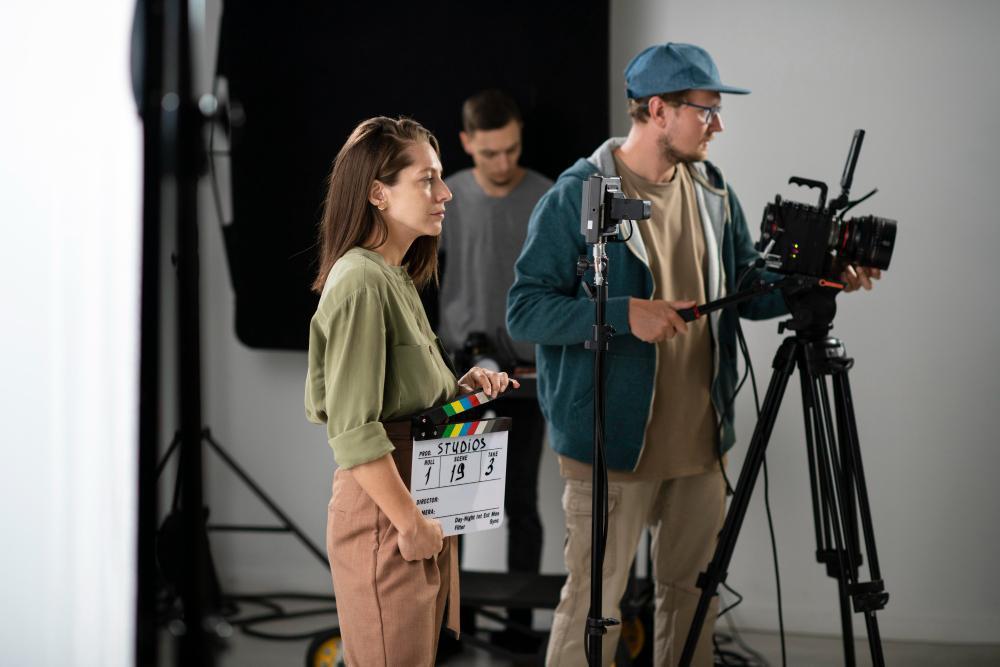
When “Tombstone” faced its first major hurdle — the release of director Kevin Jarre just a month into production — the project teetered on the brink of collapse.
This pivotal moment could have spelled disaster, but instead, it opened the door for Kurt Russell to step in and shepherd the film through its most challenging times, proving that adversity can lead to unexpected leadership.
Kurt Russell: The Unofficial Director
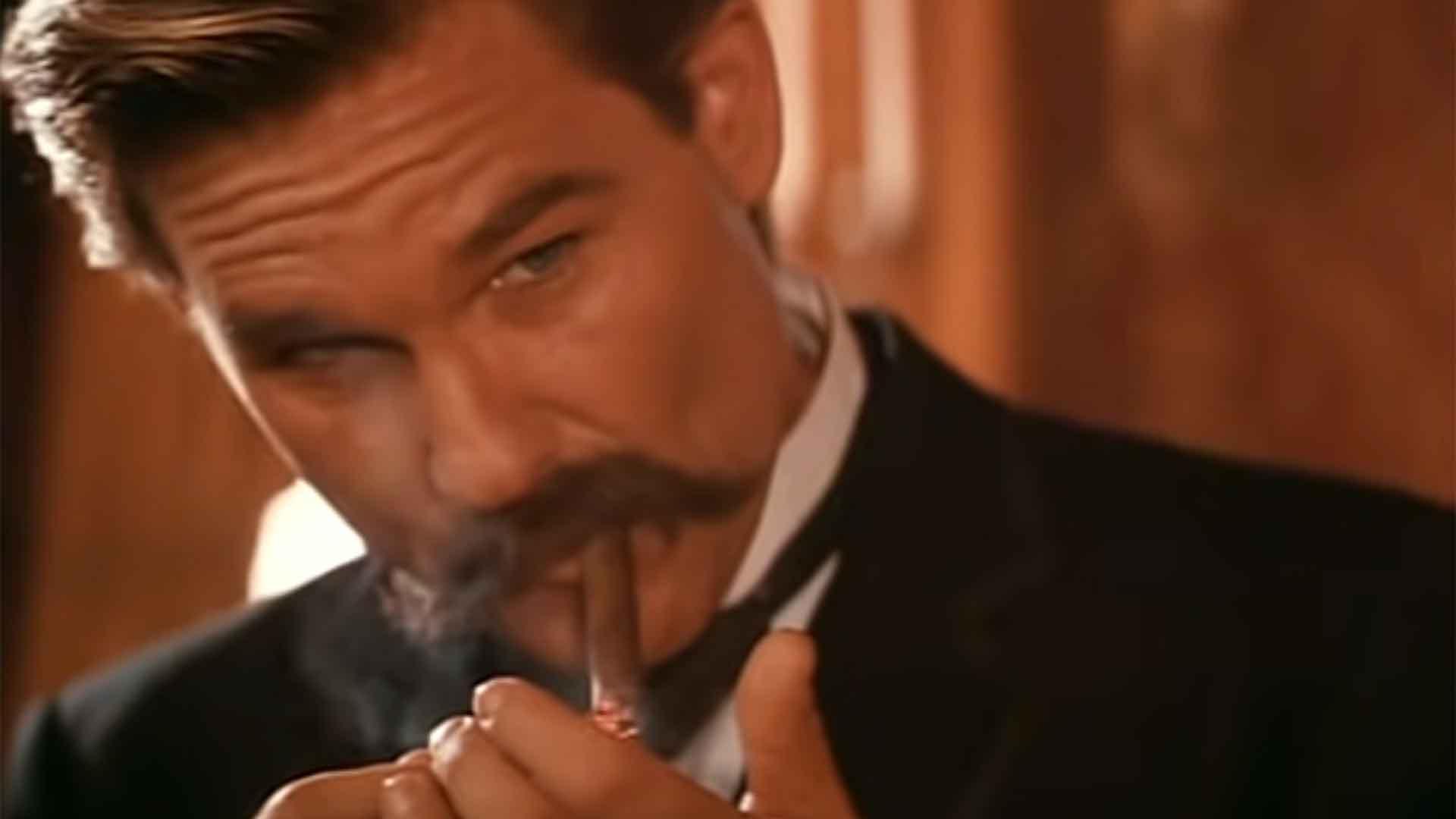
Kurt Russell’s influence extended far beyond his on-screen presence. He undertook the task of guiding the film’s direction, despite George P. Cosmatos being the officially credited director.
“I said to George, ‘I’m going to give you a shot list every night, and that’s what’s going to be,'” Russell revealed in an interview with True West. This hands-on approach was crucial for maintaining the film’s vision and momentum.
Val Kilmer’s Testimony
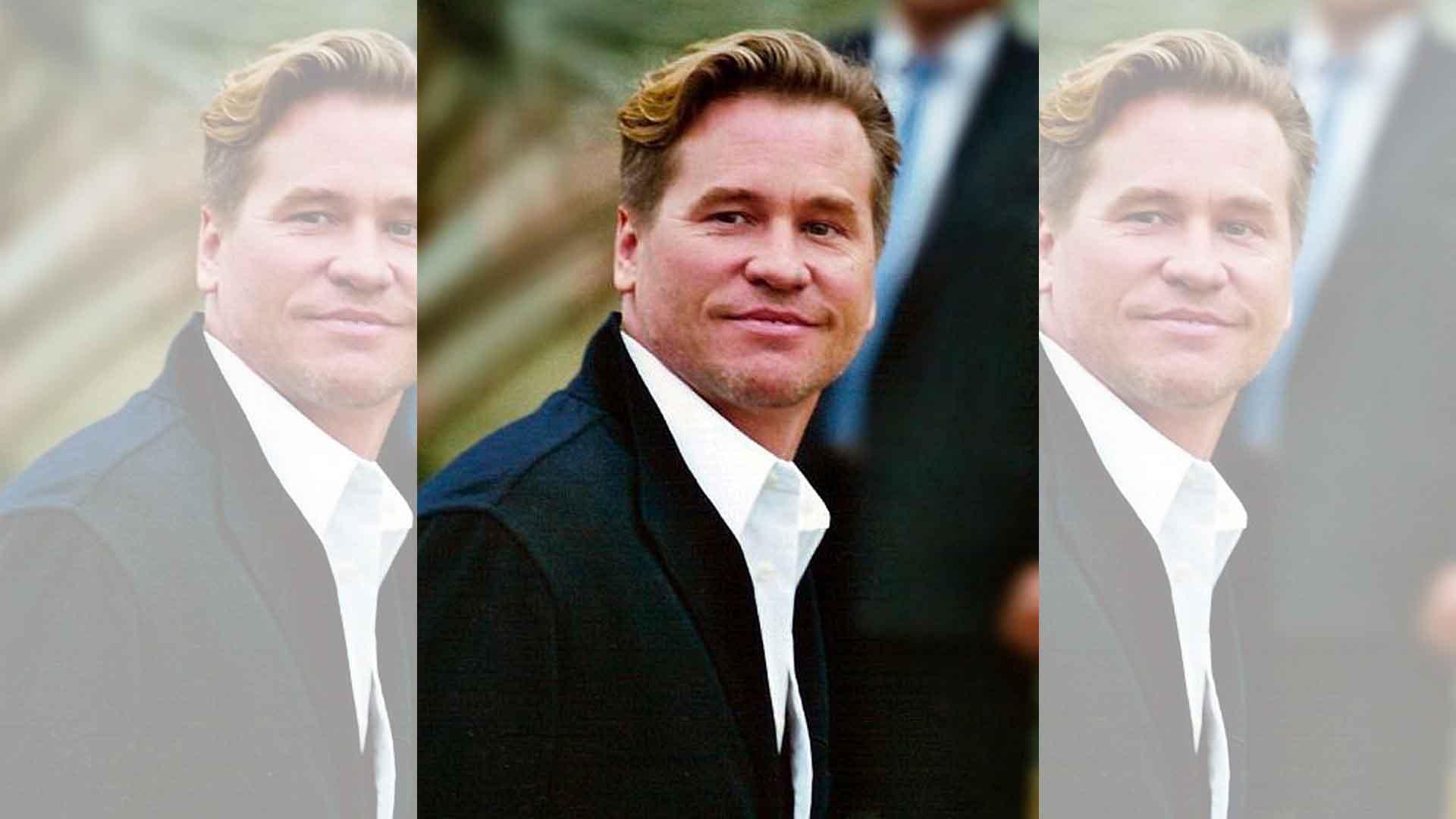
Val Kilmer, Russell’s co-star, praised his dedication, writing in a post on his personal blog, “Kurt is solely responsible for ‘Tombstone’s’ success, no question” (via IndieWire).
Kilmer’s acknowledgment of Russell’s behind-the-scenes efforts underscores the actor’s pivotal role in bringing “Tombstone” to life, highlighting the collective endeavor required to make the film a success.
The Challenge of Competition
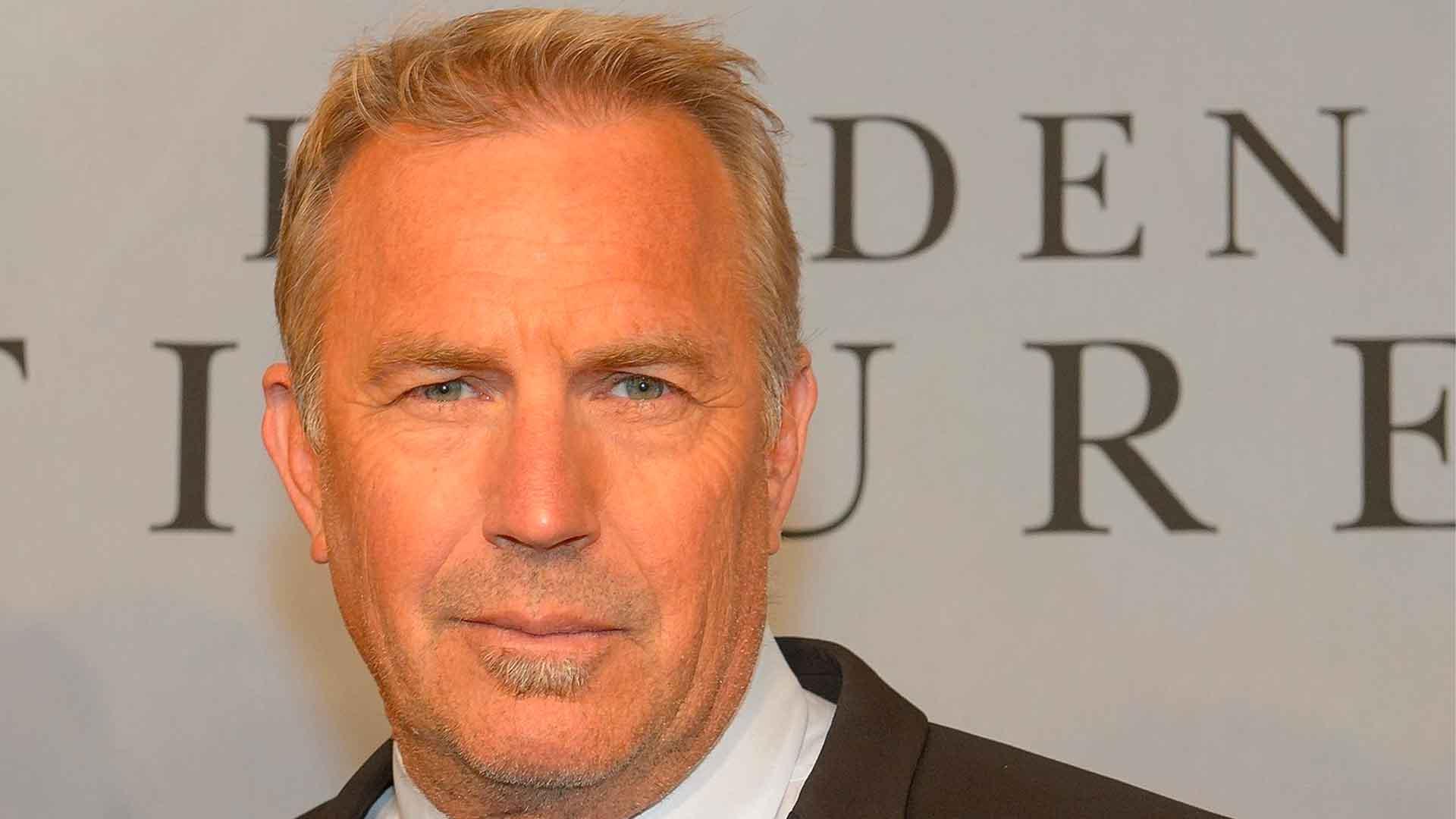
Facing stiff competition from another Kevin Costner-led biopic called “Wyatt Earp,” “Tombstone” needed strong leadership to succeed. Russell’s resolve in this high-stakes environment was instrumental.
His ability to steer the project through these external challenges showcased not just his commitment to the film but also his strategic acumen within the film industry.
Securing the Financing
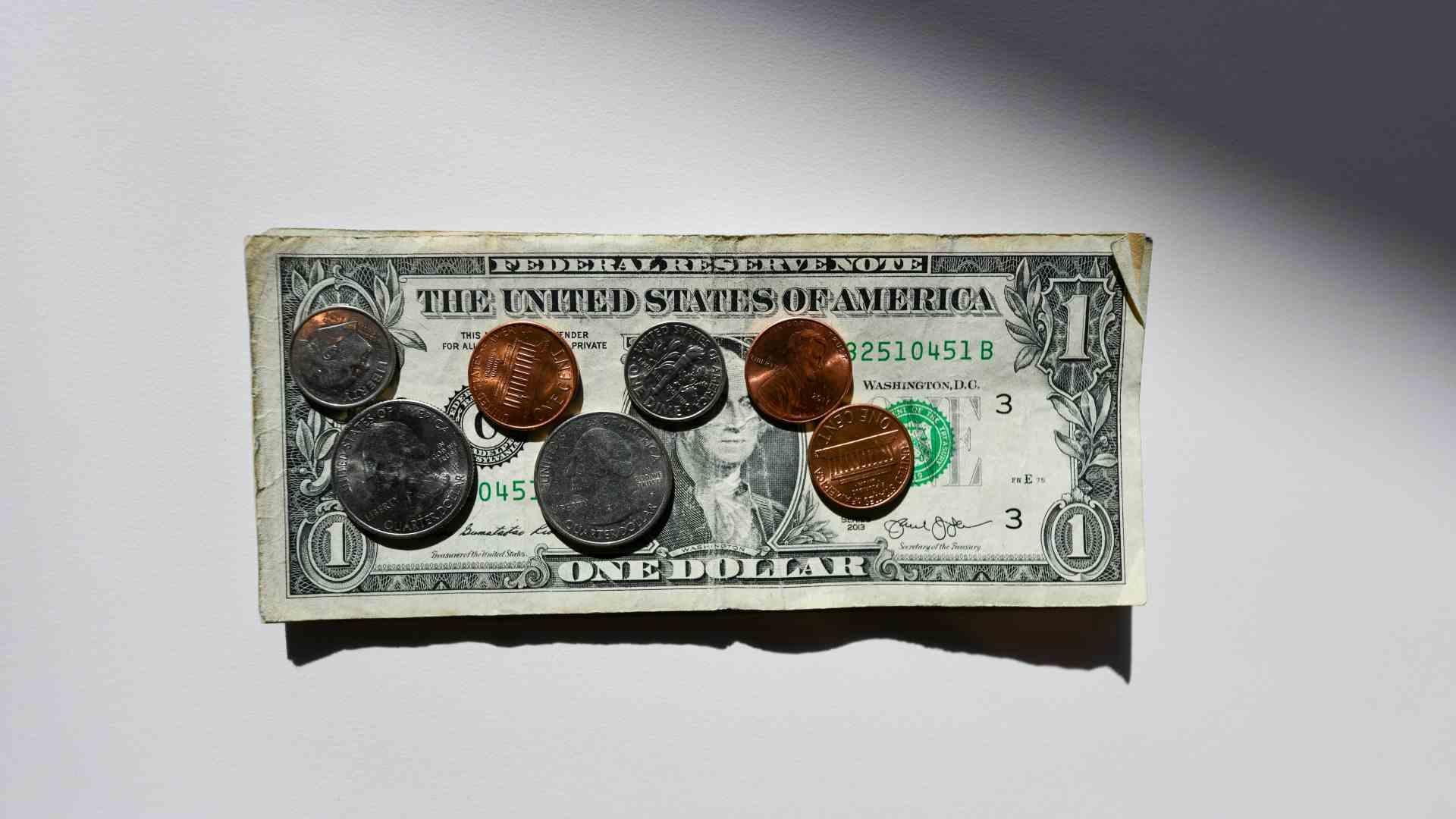
One of Russell’s biggest contributions was making sure the film had enough funding to keep going. According to Michael Biehn, who played Johnny Ringo, Russell believed in “Tombstone” so much that he actually went out and found the money for the project.
“His attachment to the screenplay was the factor that secured the financing, and he was in many of the myriad conversations and decisions directors undertake as they assemble a movie,” Biehn shared with Setting History Straight.
Sacrificing for the Greater Good
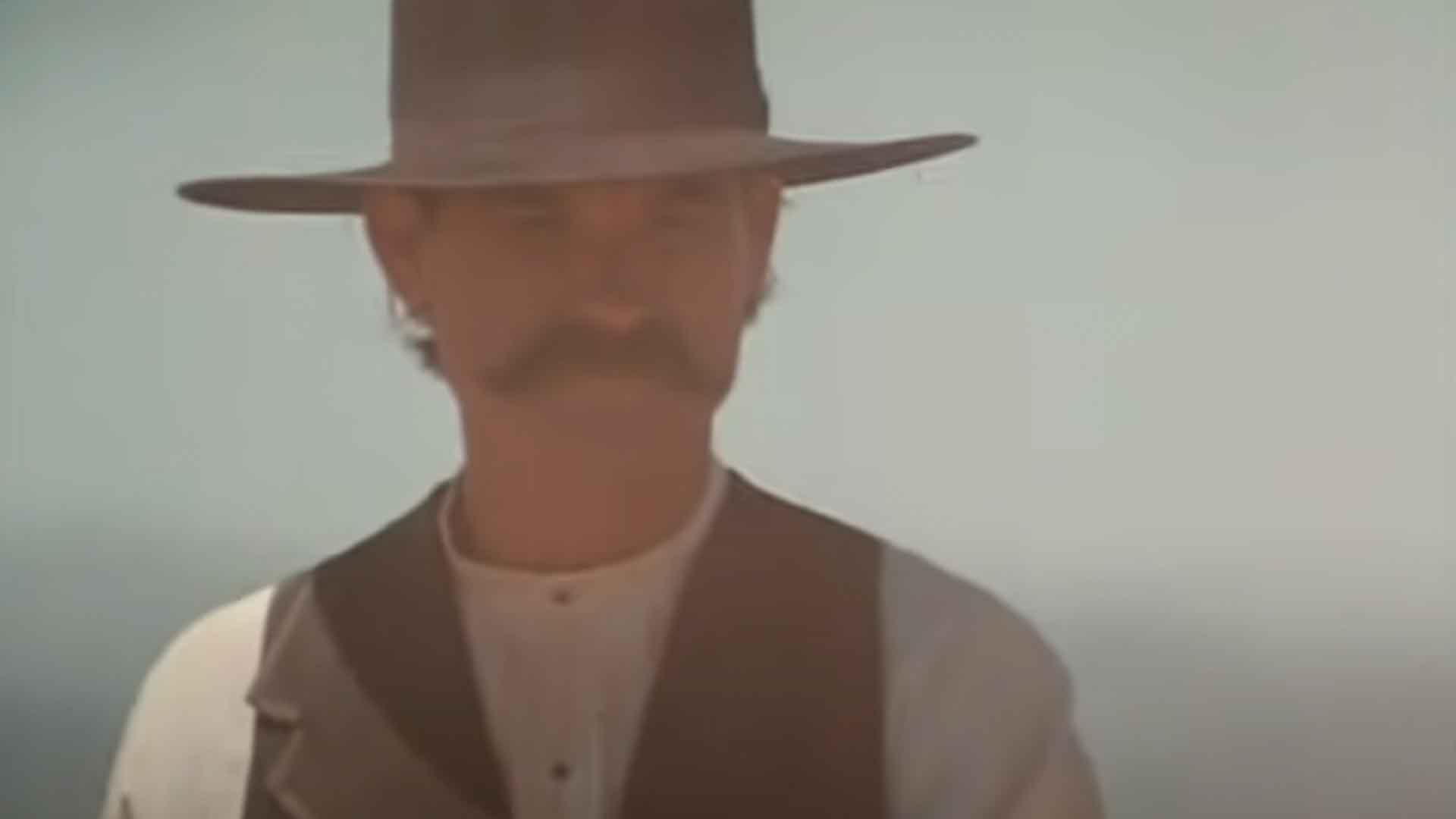
Demonstrating his commitment to the film’s success, Russell was willing to reduce his own role and scene-stealing moments in the film to enhance the overall project.
This selfless act highlights his dedication not just to his character but to the success of “Tombstone” as a whole, highlighting the sacrifices made behind the scenes.
The Role of Sylvester Stallone
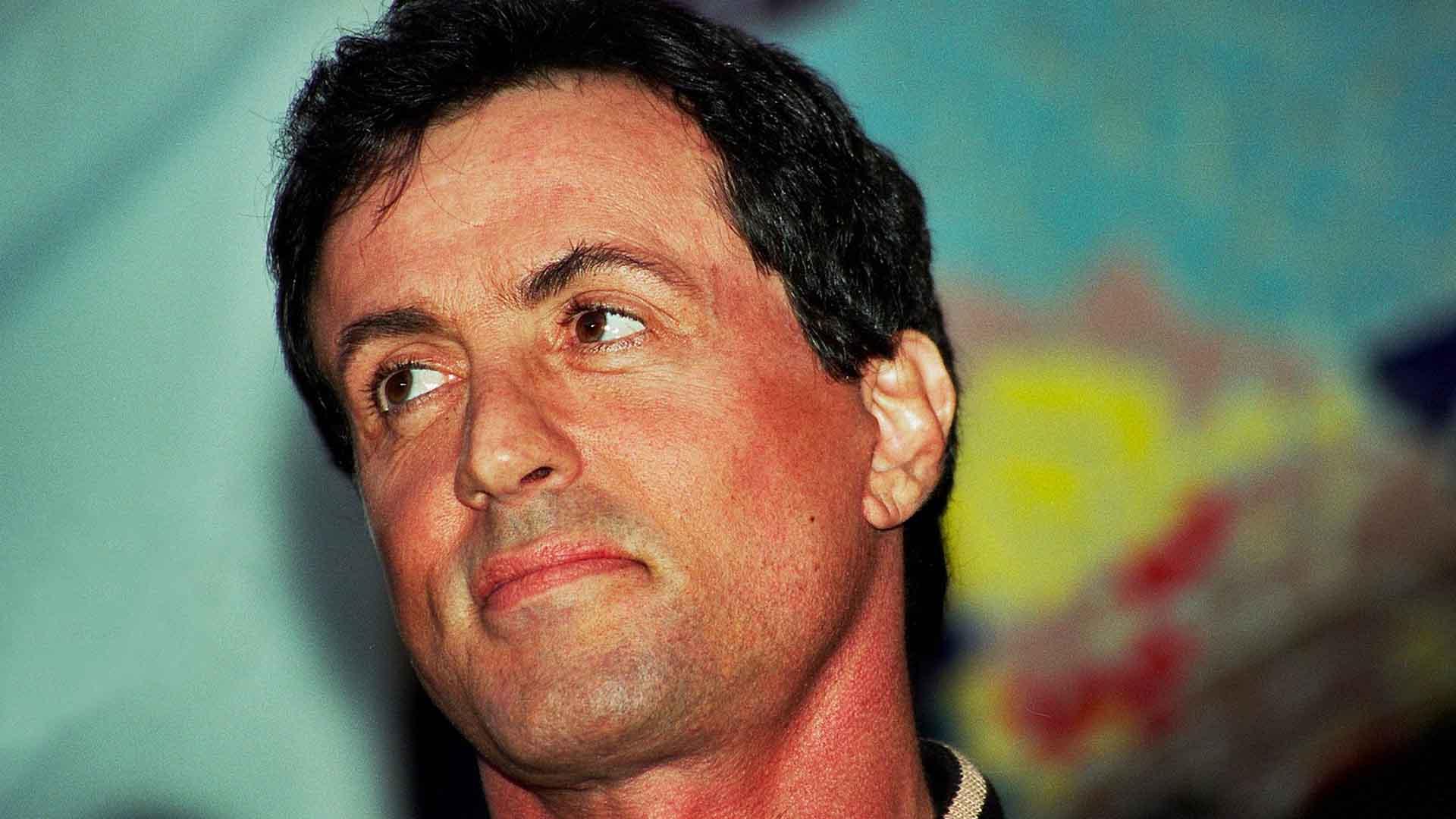
In need of a director who could work under unique conditions, Russell turned to Sylvester Stallone for advice, according to Screen Rant, ultimately leading to George P. Cosmatos’ involvement with Stallone’s recommendation.
This choice was pivotal, leveraging Stallone’s experience to ensure the film had a director capable of executing Russell’s vision.
Overcoming Budget Constraints

Despite a smaller budget ($25 million) compared to its competitor — the Kevin Costner-led “Wyatt Earp” ($63 million) — “Tombstone” emerged as a critical and commercial success, generating $73.2 million at the box office.
Russell’s leadership and creative problem-solving played key roles in maximizing the film’s resources, proving that vision and passion can triumph over financial limitations.
The Enduring Legacy of Tombstone

Years later, “Tombstone” continues to be celebrated for its compelling narrative, memorable characters, and iconic quotes.
Russell’s behind-the-scenes work was instrumental in creating a film that resonates with audiences, ensuring its place in the pantheon of Western classics.
What Could Have Been: The Missing Scenes

Reflecting on the film’s production, Russell hinted at the existence of additional footage, sparking curiosity about the film’s untold stories and the hope from fans that a director’s cut might one day be released (via True West).
Whether or not this comes to fruition remains to be seen, but the fact that unseen footage exists speaks to Russell’s dedication and his ability to craft a film that still captures the imagination of audiences decades later.
The Unsung Hero of Tombstone
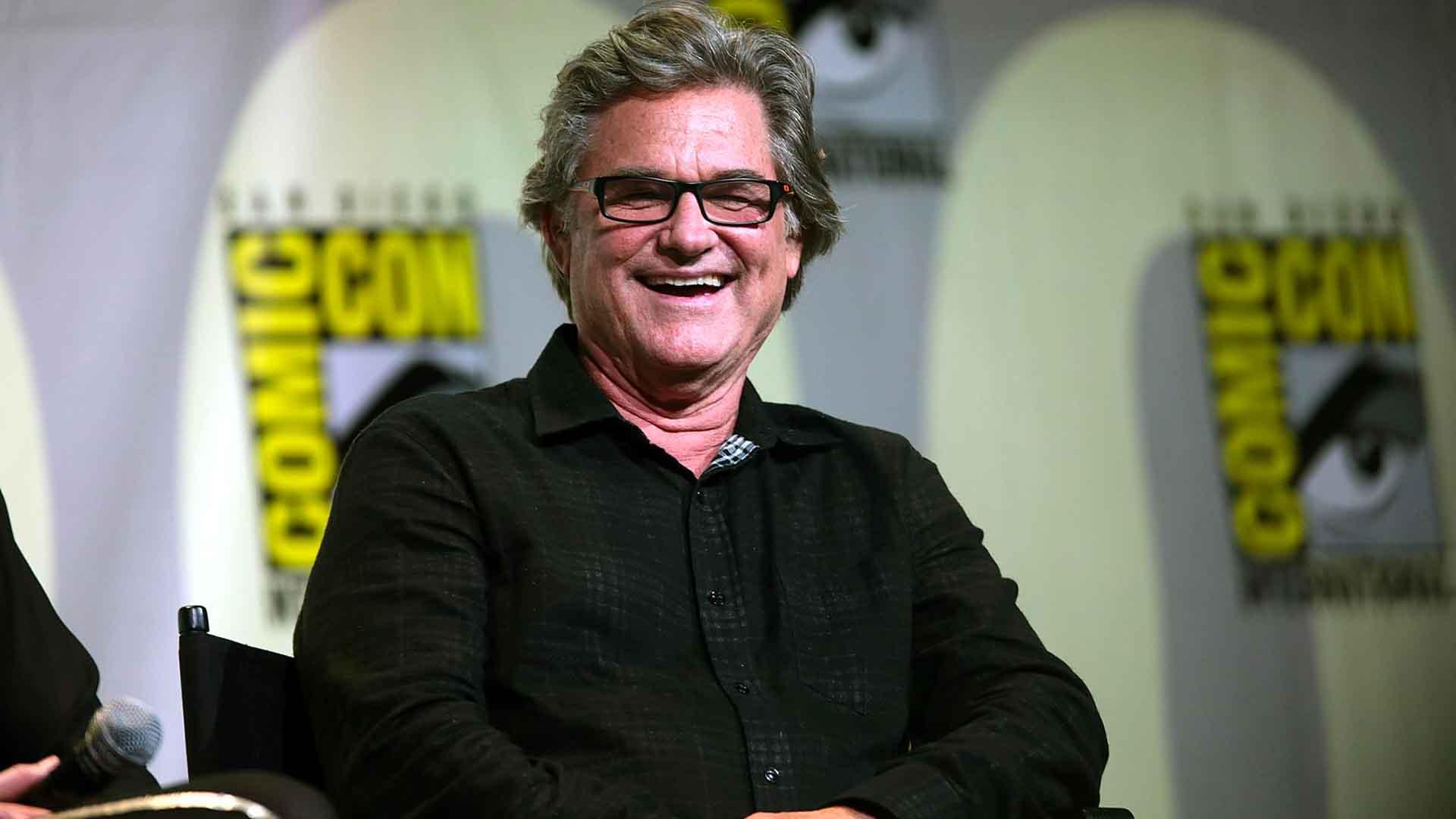
Kurt Russell’s role in the creation of “Tombstone” was multifaceted, extending far beyond his portrayal of Wyatt Earp. His dedication, leadership, and sacrifice were key to the film’s success.
“Everyone cared, don’t get me wrong, but Kurt put his money where his mouth was,” Kilmer wrote, encapsulating the essence of Russell’s contribution. As we reflect on “Tombstone’s” legacy, it’s clear that Kurt Russell was not just a part of the film — he was the linchpin of its legendary success.

